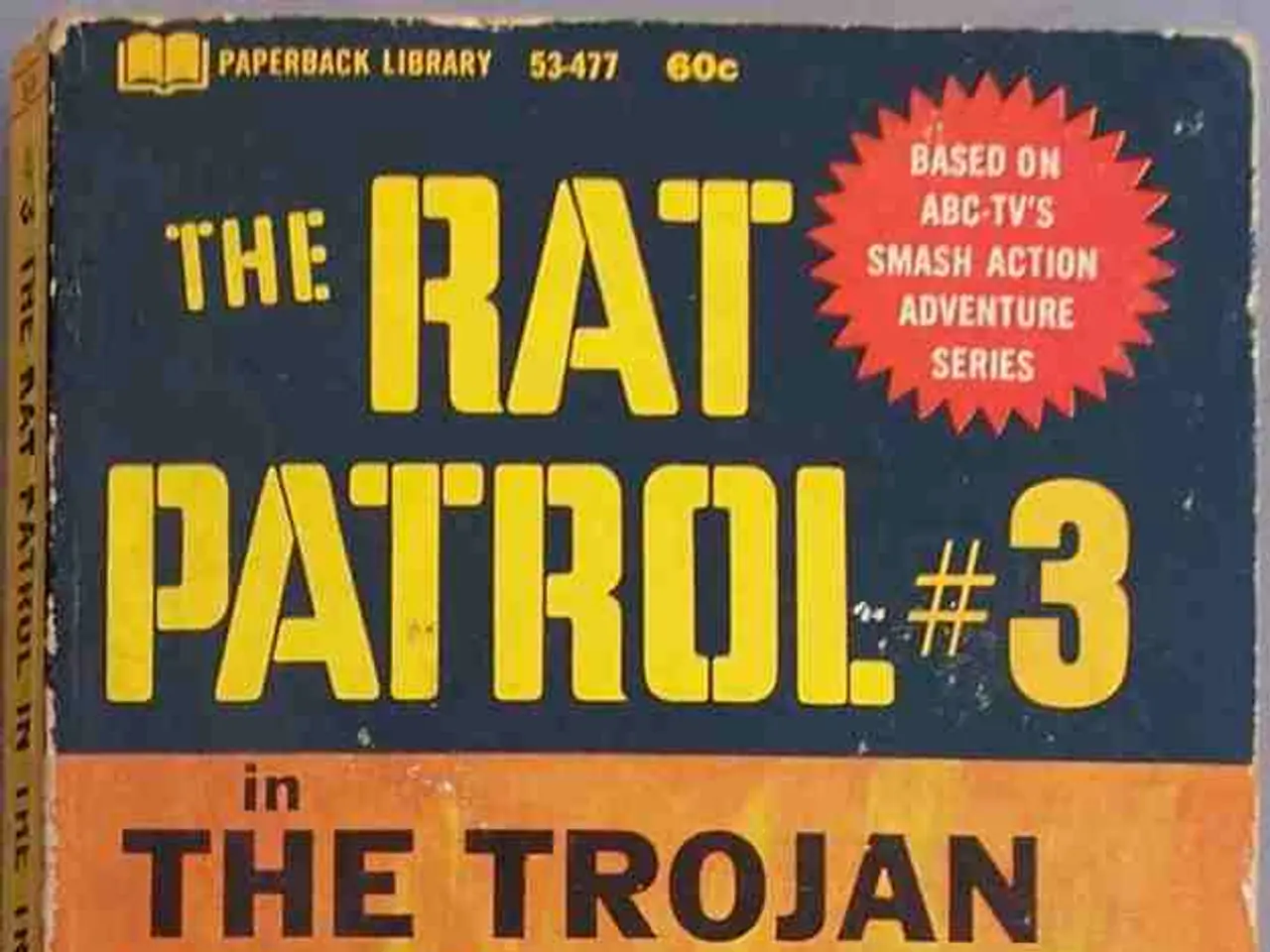Restricting TikTok: Threat to American Freedom of Speech and Privacy Rights
In a significant move, US lawmakers have launched a ban on TikTok, a popular social media platform used by tens of millions of citizens. The focus on banning TikTok primarily stems from national security concerns related to its Chinese ownership.
TikTok is owned by ByteDance, a company based in China, and U.S. officials fear that user data collected by TikTok could be accessed or influenced by the Chinese government for surveillance or influence operations. This has led to legislative actions such as the Protecting Americans from Foreign Adversary Controlled Applications Act (PAFACA), which seeks to ban TikTok in the U.S. unless it is divested from ByteDance. The ban, upheld by the Supreme Court, reflects worries about TikTok's data collection and its ties to a foreign adversary.
Interestingly, American tech companies like WhatsApp, despite concerns about data sharing with foreign governments such as Israel, face relatively less legislative scrutiny in the U.S. This difference largely arises because these companies are domestically based or operate under different legal and geopolitical frameworks. The U.S. government tends to view American tech firms as subject to U.S. laws and oversight, while foreign-owned companies—especially those from perceived adversary nations like China—are seen as greater risks for national security breaches or foreign influence.
The geopolitical context plays a key role in this discrepancy. The U.S. maintains strong diplomatic and intelligence-sharing relationships with allies like Israel, which influences how data sharing with such countries is perceived. This differs from its often adversarial stance toward China, leading to heightened suspicion and legislative actions against Chinese technology firms like TikTok, but a comparatively muted response toward American companies sharing data with allied nations.
The ban on TikTok has sparked debate, with some arguing that it is an attempt to silence previously marginalized voices that challenge the official US narrative. TikTok has been used as a tool for political education, voter mobilization, and organizing protests that challenge those in power.
Moreover, the proposed TikTok ban follows a period where the platform provided a platform for victims of US imperial policy to broadcast their experiences, leading to a shift in American support for US policy in the Middle East. This has raised questions about how the "democracy" Americans enjoy can be reconciled with the wars and genocides their government perpetuates in other countries.
The ban is also part of a reauthorisation of a warrantless surveillance law, raising concerns about privacy and civil liberties. The author argues that no amount of bartering away civil liberties can offer sufficient protection within a system that inflicts such global violence.
Meta's Transparency Reports do not disclose the citizenship of users whose information is requested by a foreign government, making it difficult to assess the extent of data sharing with foreign governments. However, according to Meta's last available Transparency Report, the government of Israel made 1,088 requests of the company between January and June 2023. Meta produced user data in response to a majority of these requests - 78 percent.
Notably, there has not been the same level of outrage from US politicians over reports that data from WhatsApp, owned by Meta, might have been used by the Israeli military in targeting Palestinians. This disparity in response has led some to question the motivations behind the TikTok ban.
In conclusion, the TikTok ban and the associated concerns about national security and foreign influence are complex issues that raise important questions about privacy, civil liberties, and the role of social media in shaping public opinion and challenging established narratives. The discrepancy in the response to data sharing by American tech companies and foreign-owned platforms like TikTok highlights the need for a more nuanced understanding of these issues and a more balanced approach to legislative actions.
[1] Protecting Americans from Foreign Adversary Controlled Applications Act (PAFACA) [2] The Supreme Court upholds TikTok ban in US [3] TikTok ban: What you need to know [4] Israel's requests for user data from WhatsApp [5] Meta Transparency Report: Government Requests for User Data [6] US Lawmakers Express Concerns Over TikTok's Potential Connections with the Chinese Communist Party [7] TikTok ban: A political move to silence dissenting voices? [8] TikTok ban: A reauthorisation of a warrantless surveillance law [9] No amount of bartering away civil liberties can offer sufficient protection... [10] Meta's Transparency Reports do not disclose the citizenship of users...
- The Protecting Americans from Foreign Adversary Controlled Applications Act (PAFACA) seeks to ban TikTok in the U.S., citing national security concerns related to its Chinese ownership.
- The U.S. Supreme Court has upheld the TikTok ban in the U.S., reflecting worries about TikTok's data collection and ties to a foreign adversary.
- News outlets and media analysts are discussing the implications of the TikTok ban, offering their opinions on the issue.
- Protests have erupted in various cities, with groups claiming the TikTok ban is an attempt to silence dissenting voices that challenge the official US narrative.
- Israel is one of the countries that have requested user data from Meta's WhatsApp, as revealed in the company's Transparency Report, but this has faced relatively less legislative scrutiny compared to TikTok.
- The Middle East, war-and-conflicts, and policy-and-legislation sections in general-news outlets have been reporting on the TikTok ban and its potential implications for social-media usage and information sharing.
- The ban on TikTok is also coupled with a reauthorisation of a warrantless surveillance law, raising concerns about privacy, civil liberties, and the government's encroachment on personal freedoms.






